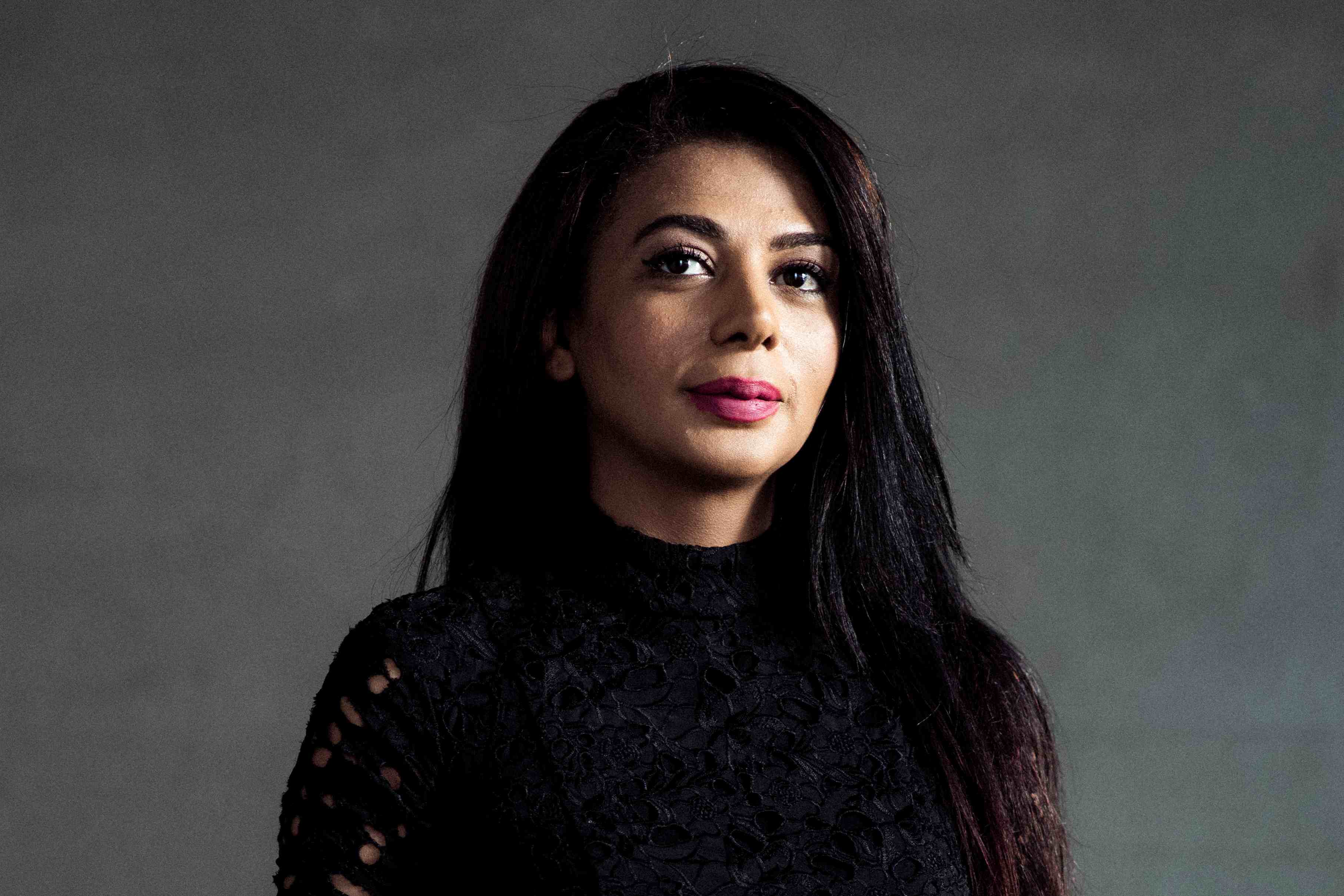Society
11.21.2018
Ghada Aboud : “People tend to say they are bipolar, while it is a real disease”

Today, 300 million people in the world suffer from depression and 60 from bipolar disorder. Mental illnesses which remain stigmatized in many societies in the Middle East, where the majority of people stay undiagnosed. A phenomenon widely related to cultural and religious barriers which prevent people from being properly diagnosted. Ghada Aboud, a Saudi journalist, has recently released her first novel “Bipolar”; a fiction that follows the path of a young woman with bipolarity. A mean to fight the taboo of mental illness in the Arab world, but also to make people suffering from it feel less guilty.
What was your background before writing your first novel?
I graduated from the American University of Cairo in broadcast journalism with a minor in philosophy, which gave me the opportunity to see life from different perspectives. Then, I started my carreer as a journalist for different Saudi medias such as Arabnews, Al Arabiya, The Saudi Gazette and I also hosted some TV shows. I also worked as a columnist for Egyptian newspapers like Al Masr al Youm and Youm7. But I wanted to go further in my writing and to build something solid with more substance and social impact.
Can you tell us more about “Bipolar”?
Basically, the story follows the journey of Karma, a young psychiatrist who has been diagnosed with bipolar disorder. She lives in the south of Jeddah, but works in a private hospital in the north of the city. Every day, during the trip to her workplace, she reflects on the various problems of Saudi society. She also developped a way of managing her anxiety attacks by gettinf a new tattoo on her body every time she is going through hard time. Something socially unacceptable to Saudi society. This drives her to go back and forth between her maniac attacks and those where she feels better. I know that my book might seem very dark, but I am happy with the result because I wanted to create empathy for the reader by putting it in the shoe of a person suffering from mental disorders.
What inspired you to address this topic of bipolarity?
I find that the term “bipolar” is too often misused in the media. A lot of people tend to say they are bipolar, without thinking about it, while it is a real disease that people suffer from and sometimes don’t manage to not speak about. Also, I think that bipolarity is a metaphor of today’s society, which constantly pushes us to run after productivity. Because of their educatio, some people just can’t adjust to this fast pace of life and eventually sink. What I am trying to demonstrate in my novel is that we are all potentially bipolar, and likely to fall down at any time of life, even though some people are more likely to do so due to economic or upbringing factors.
The World Health Organization recently estimated that one in four people, about 25% of the world’s population, suffer from mental illness in both developed and underdeveloped countries. What does this reveal about the world?
It shows that something is wrong in our modern lives. And we are all concerned. If you do not run fast enough, you can fall off. Saudi Arabia is taking very positive steps to economically and financially develop the country, but this progress doesn’t come without a price. My book wants to highlight the issue of the private sector. If the public sector does its best to promise healthy working conditions, private companies do not give back enough to the society and do not always take into consideration the lifestyle of its employees.

Bipolar, Ghada Aboud’s novel / DR
Some stigmas in Saudi and oriental society persist around mental illnesses. How do you explain that ?
Some people still think that being depressed or maniac, is only a matter of lack of faith. But we are opening up culturally, and people are beginning to understand that this is a real disease that needs proper care. The happiness and personal development dictatorship is a sign of our society sickness, pushed by the capitalist system in which we live in. A problem shared in the West as well as in the East. Businesses are brainwashing us into thinking that being sad is bad, and that we have to be happy and productive at all costs. With this book, I want to encourage the Saudi society but also every societies around the world to slow down and take the time to listen and detect diseases. Today, even doctors have no longer the time to deal with the roots of mental problems, and too often they rush to prescribe medications that can have harmful effects on the brain.
Have you worked with a lot of psychiatrists to develop your story?
Yes, I spent a year and a half of researching and three of writing. I also read a lot of blogs about people with depression, and spoke with professional psychiatrists to understand the differences between every mental illnesses such as schizophrenia, bipolar disorder and depression.
Is your book autobiographical?
I had a lot of ups and downs during the writing phase of this novel, because I personally and emotionally invested a lot into it. It was very painful, and obviously I could not have manifested so much authenticity in the character of Karma if I had not already felt what she feels. At the same time, this book does not speak about my personal struggles, it remains a fictional book even if I put some elements of myself in it.
popular

